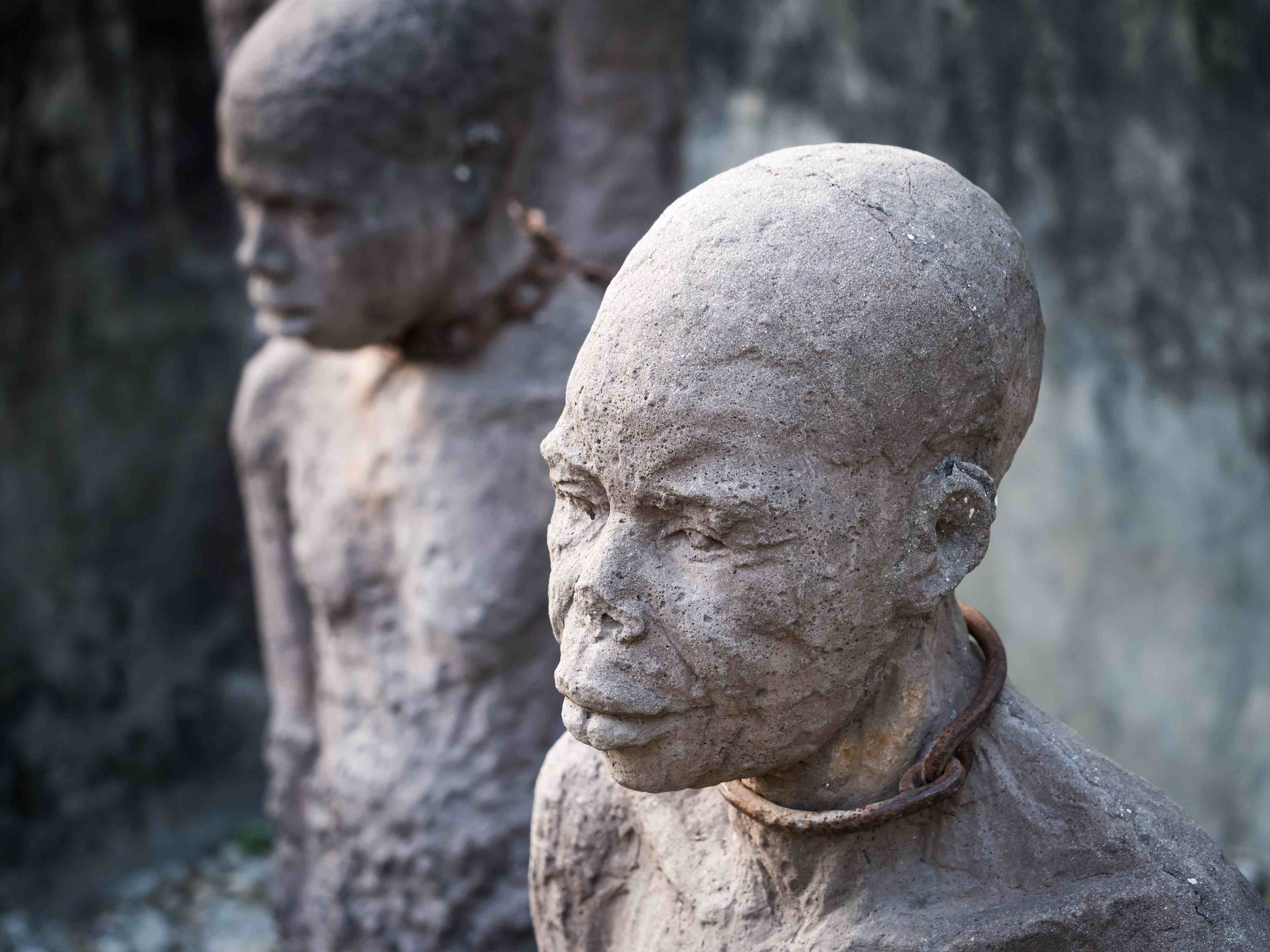on
BY ERROL A. GIBBS
What is reparation? Is reparation a choice or an obligation? Reparation is not a choice whereby individuals and governments are free to create barriers such as racial, social, cultural, or colour to avoid restitution. Reparation is a foremost obligation, but not merely an obligation. It is an obligation of spiritual, moral, social, and legal dimensions.
In jurisprudence, reparation is “just” compensation for the loss inflicted by criminal acts against a victim or victims. It is the inalienable civil rights of victims recognized by forward-thinking nations, human rights organizations, and global humanitarian, and world peace organizations and councils —notably, the United Nations (UN) and its six principal organs (http://www.un.org/en/documents/charter/).
From a religious perspective, reparation parallels the Golden Rule or “ethic” of “reciprocity,” which is an ethical maxim penned in most sacred texts. “Do to others, as you would have them do to you” (Luke 6:31). This ethical truism is probably the earliest lesson we learn as children, teenagers, and throughout our adult lives.
Notwithstanding these spiritual, moral, and legal imperatives, the Western powers appear conflicted regarding reparation for African Slavery (1619 —1868) — an explicit betrayal of human trust. The world has witnessed the tenacious resistance to compensation by historic slaveholding nations. A practical argument could be that the Western powers are cautious and fearful that an admission of guilt would lead to an indeterminate path of repentance, forgiveness, and restitution.
Reparation is not a new phenomenon in the postmodern age, so how did slaveholding nations arrive at this “crisis of resistance” to restitution in the twenty-first century? Briefly —the Western global powers spearheaded multi-billion dollars in the widespread military, political, scientific, social, and economic reforms under a Marshall Plan, for the reconstruction of Japan and Europe, including Germany, after World War I (1914 – 1918), and World War II (1939 – 1945).
The United States Congress created the Indian Claims Commission of 1946 to pay compensation to any federally recognized tribe for land that the United States seized from the Native Indians. Many Indian tribes received reparation. The Federal Republic of Germany signed a reparations agreement with the State of Israel on September 10th, 1952. The United Nations Compensation Commission (UNCC) made available $90 billion to Kuwait as reparation, for the 1990 – 1991 invasion by Iraq.
On July 23rd, 2015, the Federal Government of Canada enacted The Canadian Victims Bill of Rights, underpinned by four principal rights to victims: Information, Protection, Participation, and Restitution. “Where is the Marshal Plan for the reconstruction of parts of Africa, Diaspora colonies of the Caribbean, the United States, and the Americas?”
Reparation is essential for healing the racial, colour, and cultural divide that is unique to the Trans-Atlantic Slave Trade, and the North American experience. Some historians claim that the slavers took 12.5 million Africans from their homeland and sold them into slavery to supply free labour to fuel the Western economy of the 1600s – 1900s. More importantly, the great Western Industrial Revolution of (1760 – 1840) benefitted from the Trans-Atlantic Slave Trade (http://www.shoppbs.pbs.org/wgbh/aia/part1/1p277.html).
African Slavery is the most significant human atrocity by any historical and statistical measure, underpinned by unmitigated brutality, racial terrorism, human rights violation, economic devastation, and Generational Post-traumatic Stress Disorder (PTSD) up to the twenty-first century. The descendants of the African slave trade are entitled to “just” compensation in a structure of financial and non-financial remedies in the act of national atonement.
The principal arguments against reparation are, 1) “Who should assume generational responsibility? Successive governments, no different from generational suffering, passes down through individuals and families. Likewise, 2) “How will governments calculate the compensation? Current Data Mining — Knowledge Discovery in Data (KDD) technology is available to mine the extensive global archives of data gathered by slaveholding nations, academics, and historians.
Experts in digital technology could develop computer algorithms to mine, extrapolate, and quantify the data. 1) The number of enslaved persons taken from the Continent of Africa. 2) The number of years of free labour performed as an aggregate of the number of plantation colonies. 3) The sum of production of various commodities, such as cotton, tobacco, sugar, and rum. 4) The cost of production in 2019 dollars. Typical Archival References: (https://archive.slavevoyages.org/assessment/intro-maps) (Williams, 1944, p. 53).
Restitution can be in the form of tactical infrastructure such as educational, legal, financial, political, economic, social, and medical research. Likewise, in a structure of remedies to address other areas of historical disadvantage such as housing and land ownership, prison incarceration, inequity in employment, and redlining (https://www.bankrate.com/glossary/r/redlining/).
Other remedies could include the transfer of money to various trusts, to foster personal, business, and research and development grants and loans. These can foster creativity and innovation, and participation in fields of science and technology. A researcher at the University of Connecticut concluded that U.S. slave labour would be worth roughly $5.9 trillion today. Other more inclusive estimates are in the order of magnitude of $15.0 trillion.
The implementation of a Gross National Social Progress (GNSP) Index could be the principal tool to measure the impact of reparation on future generations.
Stay in the loop with exclusive news, stories, and insights—delivered straight to your inbox. No fluff, just real content that matters. Sign up today!













